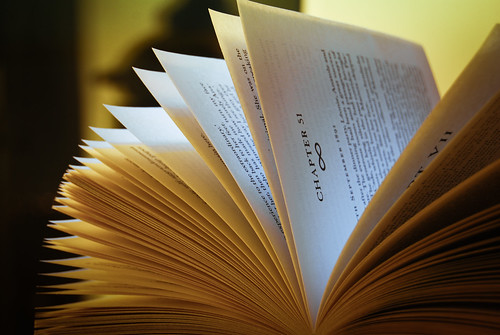
English, as a language, was surely not born
overnight as no language is. Over the period of thousands of years, modern
English, as we know it today, blossomed. Modern English spawned from Middle
English, which grew from Old English, a combination of European dialects
including Old Danish and Middle French. There have been many historical
influences on the English language through the years brining it to the point it
is at today.
Invasion
of Britain and Old English (450 – 1100)
During the 5th century Ad, three tribes, the
Angles, the Saxons and the Jutes sailed from Denmark to Britain. At this time,
people in Britain spoke a Celtic language. When the invaders arrived, the
Celtic speaking inhabitants moved into Ireland, Scotland and Wales. The
Germanic tribes that invaded Britain spoke a similar dialect, which eventually
became known as Old English. Although Old English was not at all like the
English we know today, over half of our modern, commonly used words have Old
English roots.
Middle
English and William the Conqueror (1100-1500)
When William the Conqueror invaded and
conquered England in 1066 he and his people, the Normands, brought a language
similar to French with them. This language became the official language of not
only royally but also the business class. For a time, the lower class in the
country spoke English while the upper class spoke French. It was not until some
time later that English became the dominant language once again. However, over
the years, it had absorbed a strong French influence. Most of us would find
Middle English incredibly hard to understand.
Early
Modern English and Classical Learning (1500-1800)
As the Middle English period ended, there was what has been
called the Great Vowel Shift in the English Language. Vowels were pronounced
shorter and shorter. This was partially due to the fact that British people had
more contact with different people around the world and because of classical
learning associated with the Renaissance. More and more words and phrases were
entering the language at this time. With the invention of the printing press,
there was also a common language in print and grammar became standard. The
first English dictionary was published in 1604.
Late
Modern English and the Great Vocabulary Expansion (1500-1800)
As the English language became modernized,
more and more words were added. New words came from the Industrial Revolution
and the British Empire, which covered a large portion of the earth’s surface,
absorbed many foreign words from other countries.
Types of
English
The colonization of North America resulted in
a new and highly distinct form of English. While some British expressions have
been preserved, there have also been Spanish influence, French influence and
West African influence on our language, as we know it today. There are many
varieties of English around the world today including, Indian English,
Caribbean English, Canadian English, Australian English and New Zealand
English.
About the
Author:
Susan Patterson is a freelance writer who enjoys studying culture and language.
She writes for a variety of websites and is presenting crafting an article on how to learn Russian for travel
purposes.
No comments:
Post a Comment